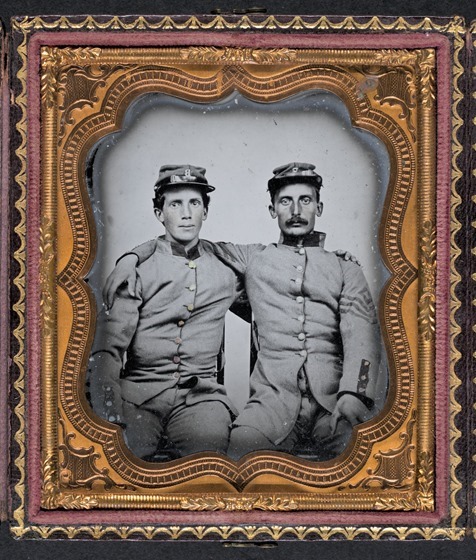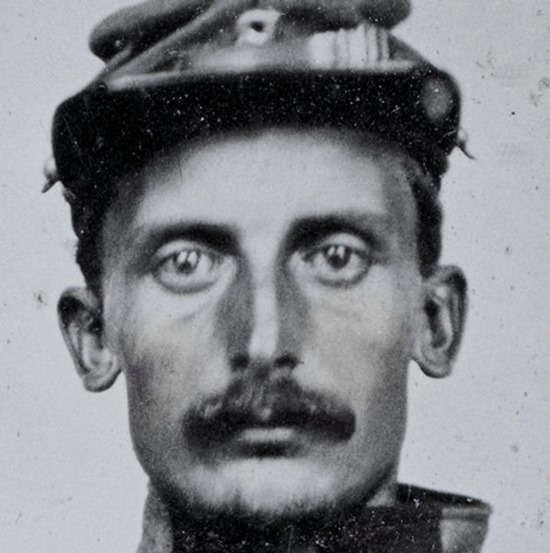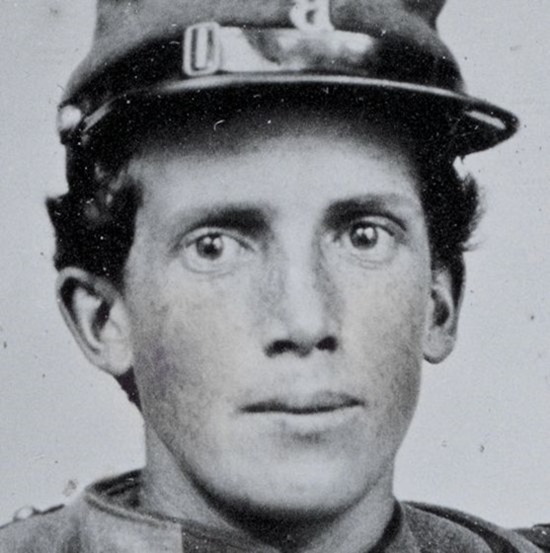November 28.—A gloomy day, but still gloomier news. I can not see one gleam of light either on nature’s horizon or the nation’s. Alas! for the fate of our brave army. It has had a battle; and, after fighting desperately, had to retreat leaving the wounded in the enemy’s hands. It is bad enough to be wounded, and with friends; but wounded and a prisoner, how dreadful that must be! May God comfort them, and be their stay in affliction! For once, the sight of the wounded coming in makes me perfectly happy, for I know that they at least are not in the hands of the enemy. The hospital is again filled with the same sad spectacle—men mutilated in every possible way.
Last night Lieutenant Payne breathed his last. He was a member of the Twelfth Tennessee Regiment, and was in his twentieth year. The only regret he had when dying, was being unable to see his father and mother, who are in the enemy’s lines. Major P., his brother, was with him, and his last wants were ministered to by the hands of loving friends. He suffered long and patiently. Mrs. W. had conversed with him on the subject of religion before he or any of us had the least idea of his being cut off so soon, and she found that he walked humbly with his God. She feels satisfied that he was fully prepared to join the redeemed in that land where there is no gloom, hunger, nor pain, and where God shall wipe away all tears from their eyes. “Blessed are the dead who die in the Lord.”
Mr. Davis, the young man who had his arm amputated, is doing pretty well. His father is nursing him. He has lost a son and a son-in-law in this war, and has five more sons in the army, and he has not heard from either of them in some time. He is sixty-four years old—nurses this one as well as any young man could. I have not yet heard one murmur from him. The son has suffered a good deal, as he has had gangrene.
We have some dreadful cases of that awful disease. One man, by the name of Deal, a large, fine-looking Texan, who was wounded at Chickamauga. We thought it was impossible to cast a cloud o’er his spirits, as he formerly laughed and made fun of every thing and every body. Since he has had gangrene he is grave enough. He is wounded I think in three places; in his back, in one of his knees, and his chest. The doctors are fearful they will not be able to stop the gangrene on his back before it eats inwardly and reaches some vital part; nor on his knee at all, and that he will likely lose his leg.
We have more just such cases. A Texan, named Hempflin, wounded at the same battle. When he first came here he was able to walk about for some weeks, but has taken gangrene in his wound, and is now hovering between life and death. The disease has eaten into one of the main arteries. Continued compression of the vessel is necessary to save him from instant death. A number of men are detailed for that purpose, who remain with him night and day. They relieve each other every twenty minutes.
A young man, who was slightly wounded on one of his legs, received a furlough, which elated him so much that he jumped around a good deal; the consequence was that he hit his wound against something, causing it to bleed. The surgeons, on examining, found one of the large arteries ruptured, and there was every likelihood of the man’s bleeding to death. Men were detailed to keep up manual compression for three weeks. The man is now well, and has gone home.
The manner in which some of our men’s lives are saved is a perfect miracle. I never expected to see this man get well, But our doctors never despair while there is life.














